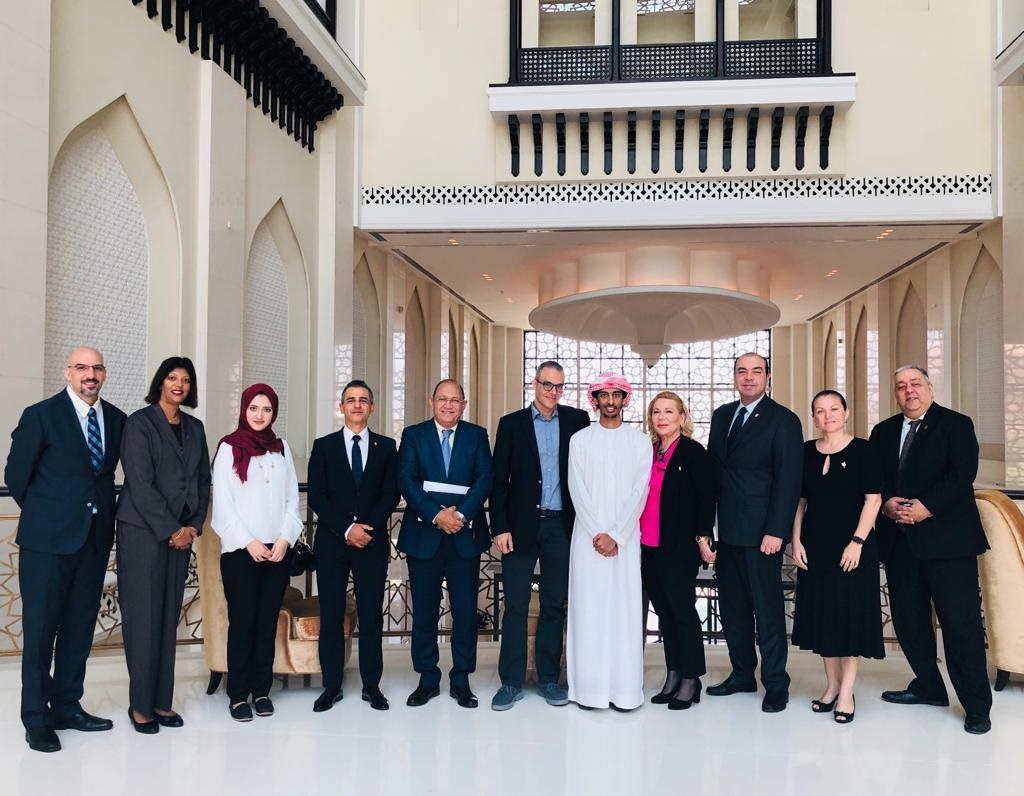
Maha AlDhaheri and Mariam Ramadan, both BSc in Industrial and Systems Engineering students, successfully optimized the service delivery at Bab Al Qasr hotel, a luxury hotel in Abu Dhabi, in Spring 2019, as part of their Six Sigma Methodology and Applications course.
The course, delivered by Dr. Maher Maalouf, Associate Professor of Industrial and Systems Engineering, engages the students through an experiential learning approach with real-life projects and activities. The students learn-by-doing the Six Sigma set of tools and methodologies, these include powerful techniques used by major companies worldwide to help improve production processes, eliminate defects, and guarantee quality.
Mahriam and Maha put their retained skills from the Six Sigma course into work to help identify optimal ways to streamline the beverage delivery at Bab Al Qasr hotel. Using DMAIC (Define, Measure, Analyze, Improve, Control) tools, the students streamlined the chain of activities at the hotel, resulting in an improved workers’ efficiency by 16.5%, with a 1000% return on investment (ROI) as judged by the Hotel management.
“This project has opened our eyes to the importance of Six Sigma and process improvement in hospitality to enhance organizations’ operational and financial performance,” the students shared.
They credit the experience for improving their communication and technical skills, as they had to collect information from several different stations, machines and people across many departments.
“Working on this project also helped us identify non-value-added activities and inefficiencies in the hospitality sector, a field in which Six Sigma application is limited in the existing literature,” they said.
“In terms of technical skills, the project boosted our data collection and analyses skills. These are vital to being able to better identify the problem, validate its existence, understand where opportunities exist, and make significant and sustained improvements that help the organization.”
Several courses in the Industrial and Systems Engineering department, including Six Sigma, involve hands-on projects like this one, to help emphasize the experiential learning and learn-by-doing approach.
Erica Solomon
Senior Publication Specialist
14 November 2021